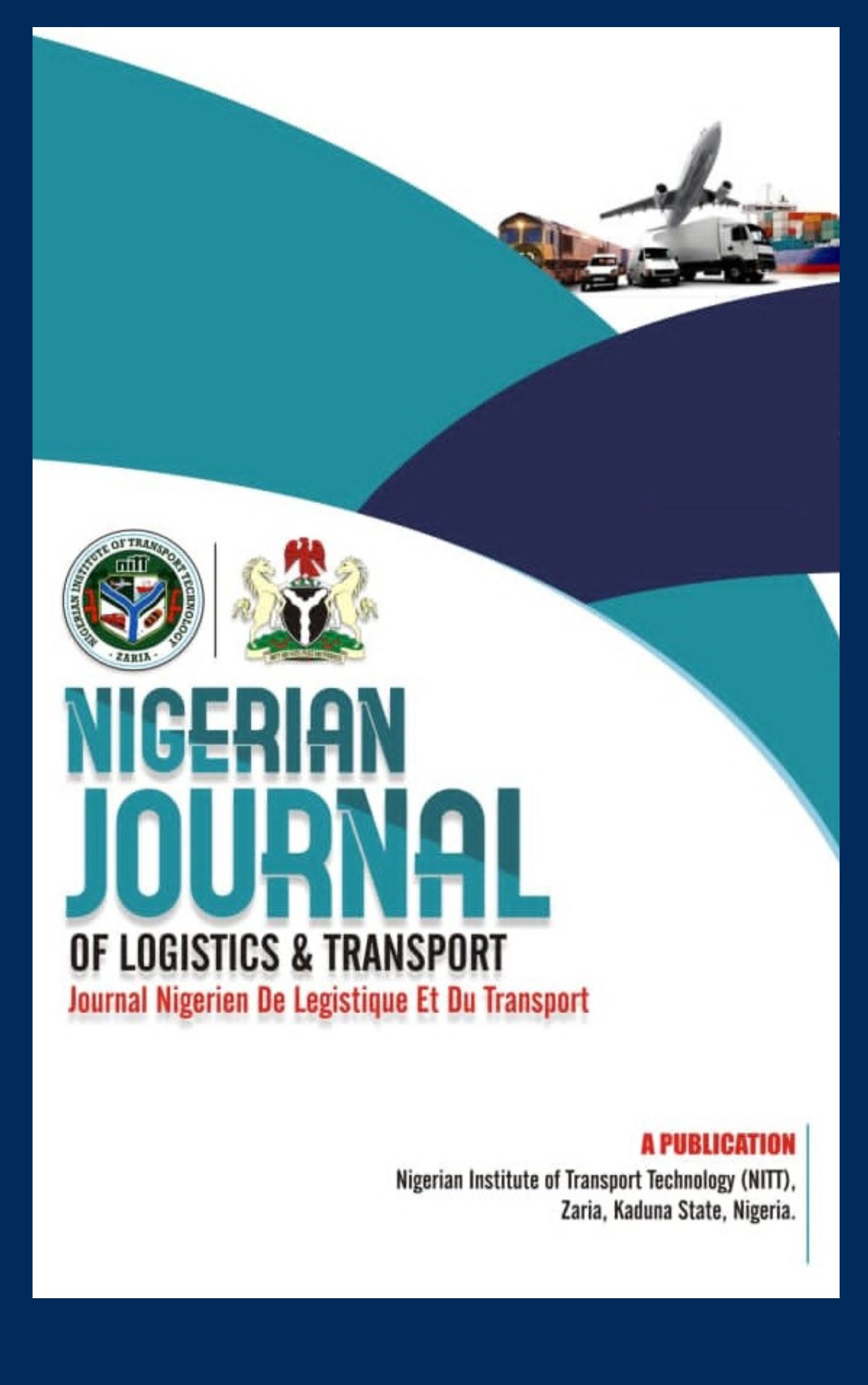Abstract
As the world grapples with the challenges of climate change and sustainable development, it is
imperative to explore alternative modes of transportation that prioritize environmental
stewardship. This study investigates the complex relationships between bicycle adoption,
sustainable development, and social, economic, and environmental outcomes. By integrating
insights from environmental science, public health, and urban planning, this study reveals the
synergies that emerge when bicycles are integrated into eco-friendly transportation systems. The
study also examines the potential social and economic transformations that can arise from
widespread bicycle adoption, including implications for infrastructure development, urban
planning, and community wellbeing. Grounded in theories such as the sustainable mobility
paradigm and transit-oriented development, this research provides a comprehensive
understanding of how bicycles can serve as a catalyst for positive change within the context of a
green economy. Ultimately, this study concludes that adopting bicycles as a primary mode of
transportation can be a powerful driver of sustainable development



 National Library of Nigeria
National Library of Nigeria.jpg) Association of Nigerian Authors
Association of Nigerian Authors Nigerian Library Association
Nigerian Library Association EagleScan
EagleScan Crossref
Crossref